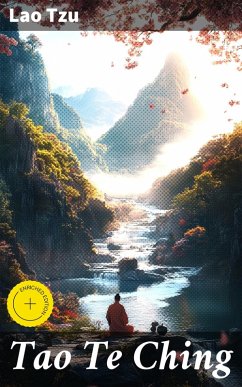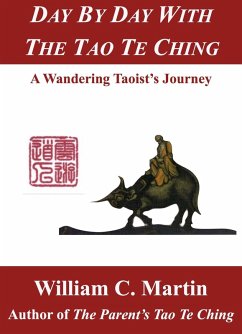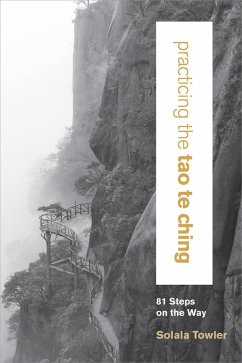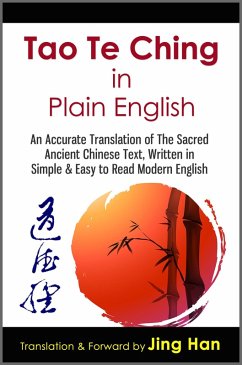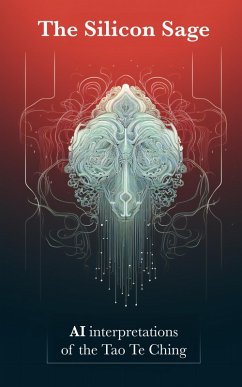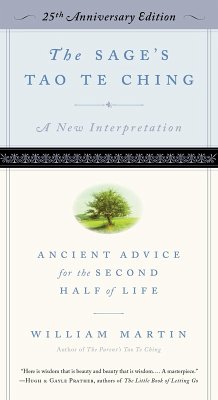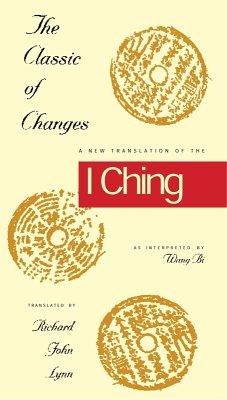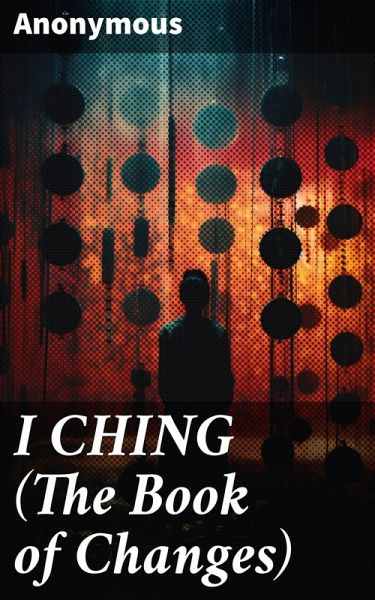
I CHING (The Book of Changes) (eBook, ePUB)
Unlocking Ancient Wisdom: Delving Into Chinese Culture and Life Dynamics
Übersetzer: Legge, James

PAYBACK Punkte
0 °P sammeln!
The I Ching, or The Book of Changes, is an ancient Chinese text that serves as both a divination guide and a philosophical treatise. Its complex system of hexagrams, formed by the interplay of yin and yang, reflects a profound understanding of duality and change in the universe. Through rich parables and commentaries, the text explores themes such as balance, moral integrity, and the cyclical nature of life. The stylistic elegance of the I Ching, characterized by terse yet evocative language, situates it within the broader literary tradition of classical Chinese philosophy, influencing both Ea...
The I Ching, or The Book of Changes, is an ancient Chinese text that serves as both a divination guide and a philosophical treatise. Its complex system of hexagrams, formed by the interplay of yin and yang, reflects a profound understanding of duality and change in the universe. Through rich parables and commentaries, the text explores themes such as balance, moral integrity, and the cyclical nature of life. The stylistic elegance of the I Ching, characterized by terse yet evocative language, situates it within the broader literary tradition of classical Chinese philosophy, influencing both Eastern and Western thought over centuries. Though attributed to various sages within the Confucian and Taoist traditions, the true identity of its author remains anonymous, allowing the text to embody collective wisdom rather than individual ambition. The historical context of this work reflects ancient China's dynamic social fabric, with the text emerging from a synthesis of superstition, philosophy, and governance, which might have shaped its emphasis on harmony and ethical decision-making in an ever-changing world. I recommend the I Ching to readers seeking insights into the universal laws of change and balance. This timeless masterpiece not only offers guidance for personal reflection and decision-making but also serves as a philosophical anchor in tumultuous times, making it a vital read for scholars, practitioners of divination, and those interested in the intricate dance of fate and free will.
Dieser Download kann aus rechtlichen Gründen nur mit Rechnungsadresse in A, B, BG, CY, CZ, D, DK, EW, E, FIN, F, GR, H, IRL, I, LT, L, LR, M, NL, PL, P, R, S, SLO, SK ausgeliefert werden.





